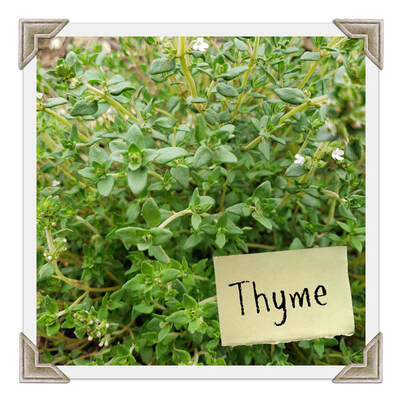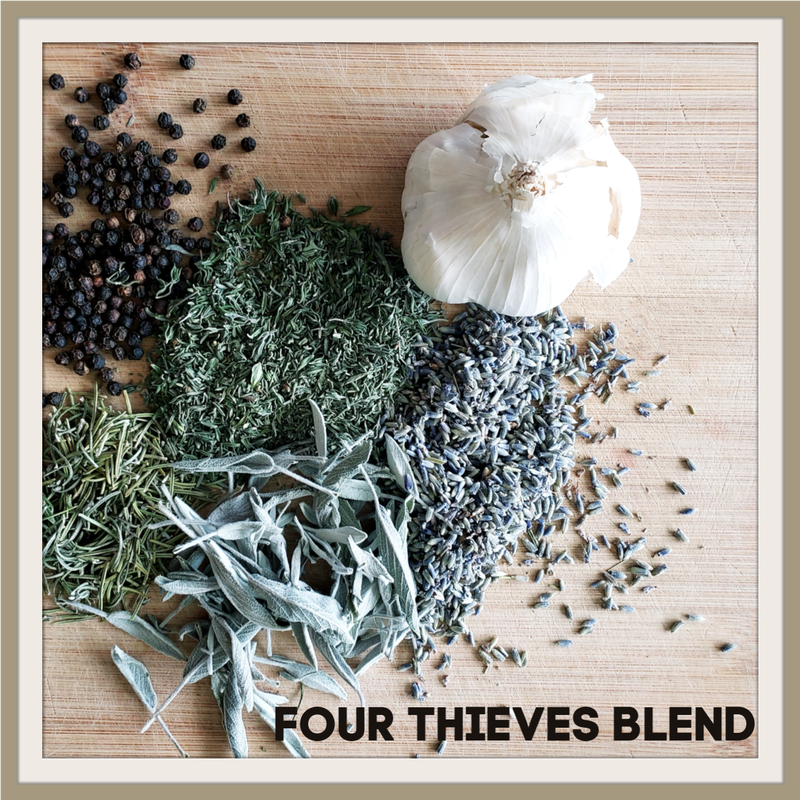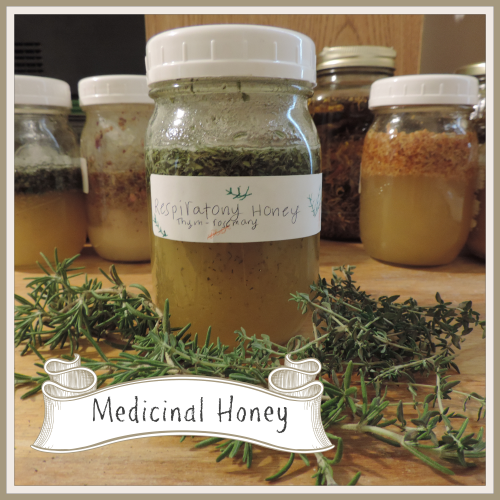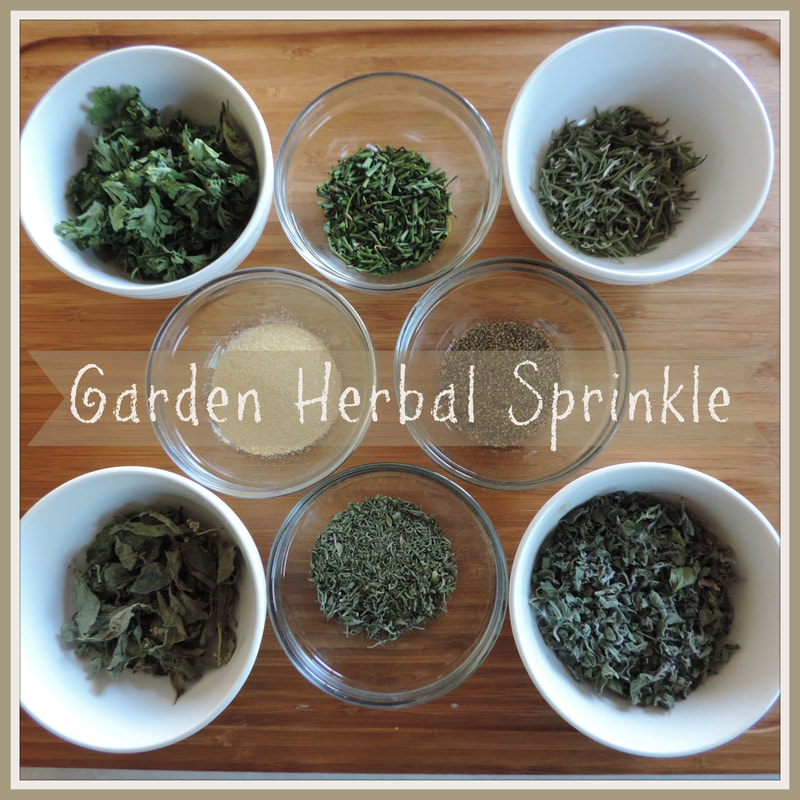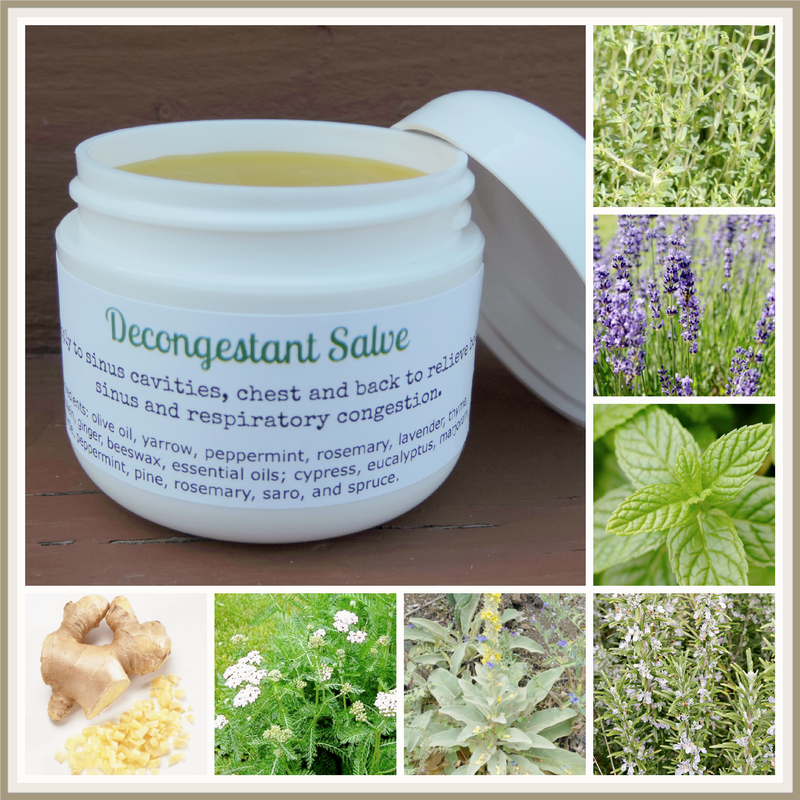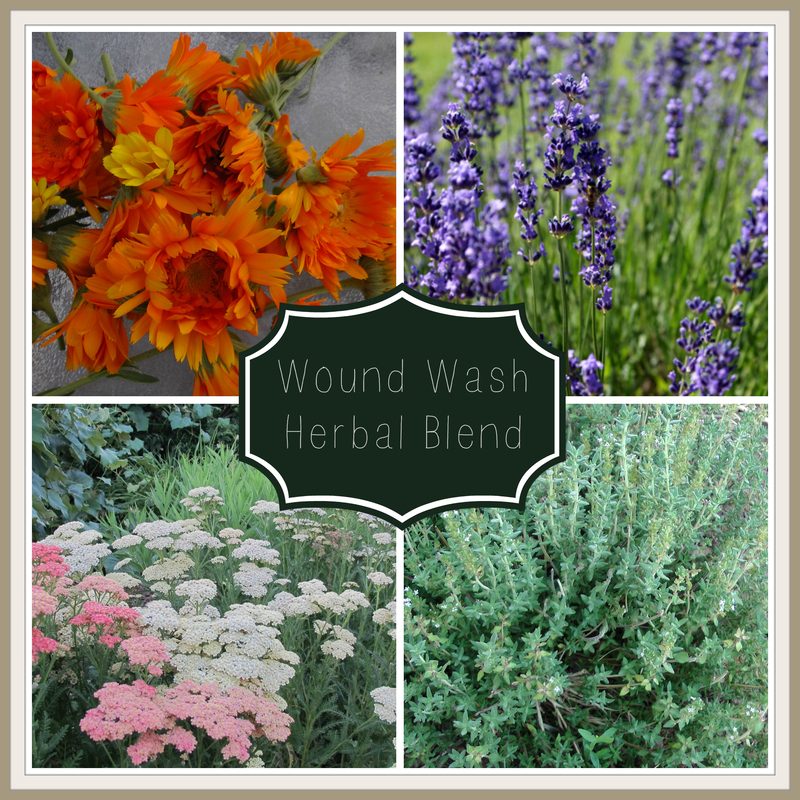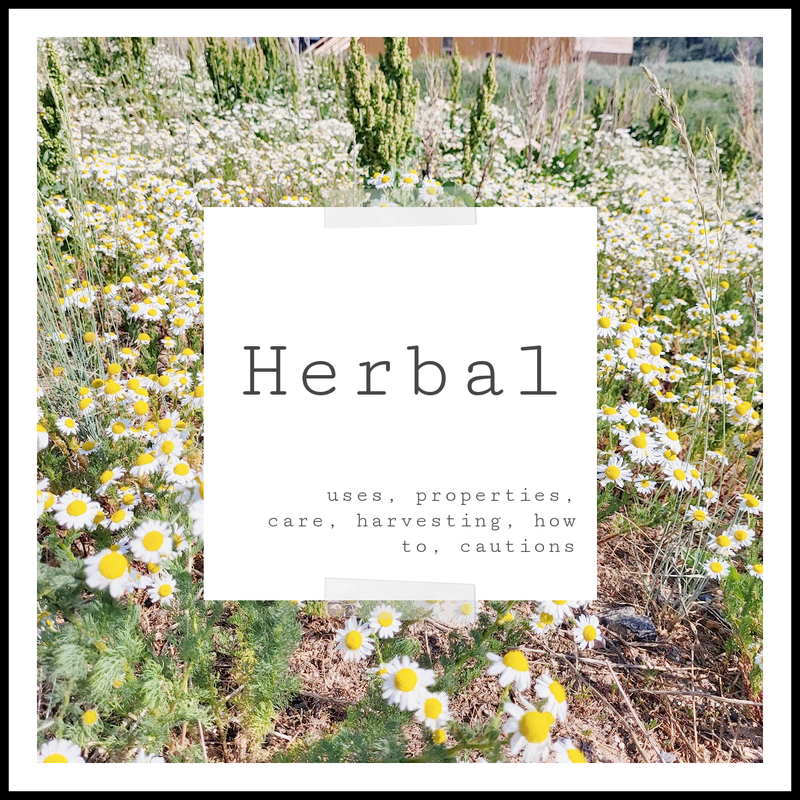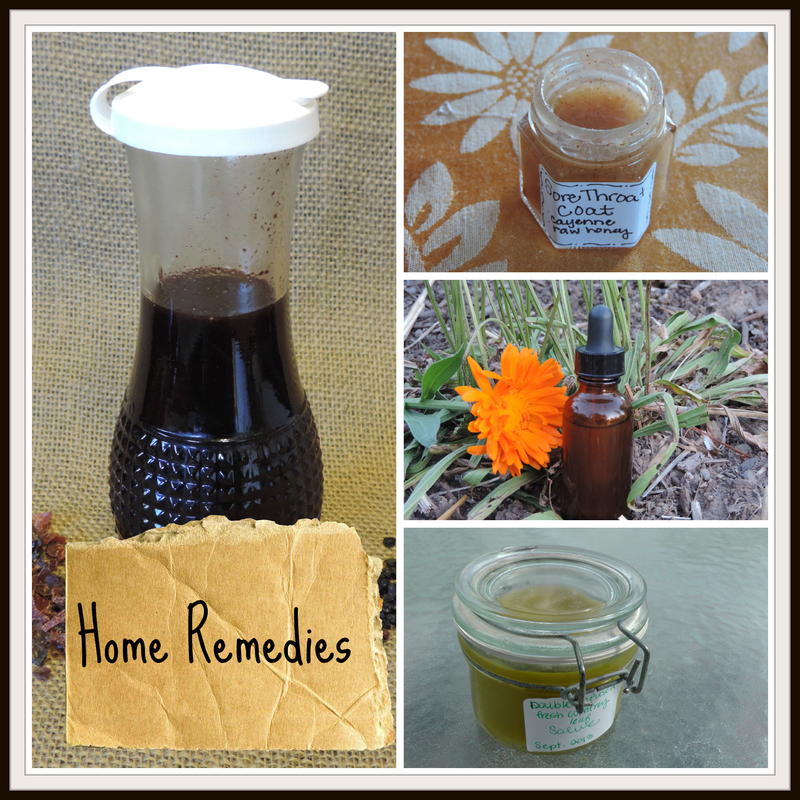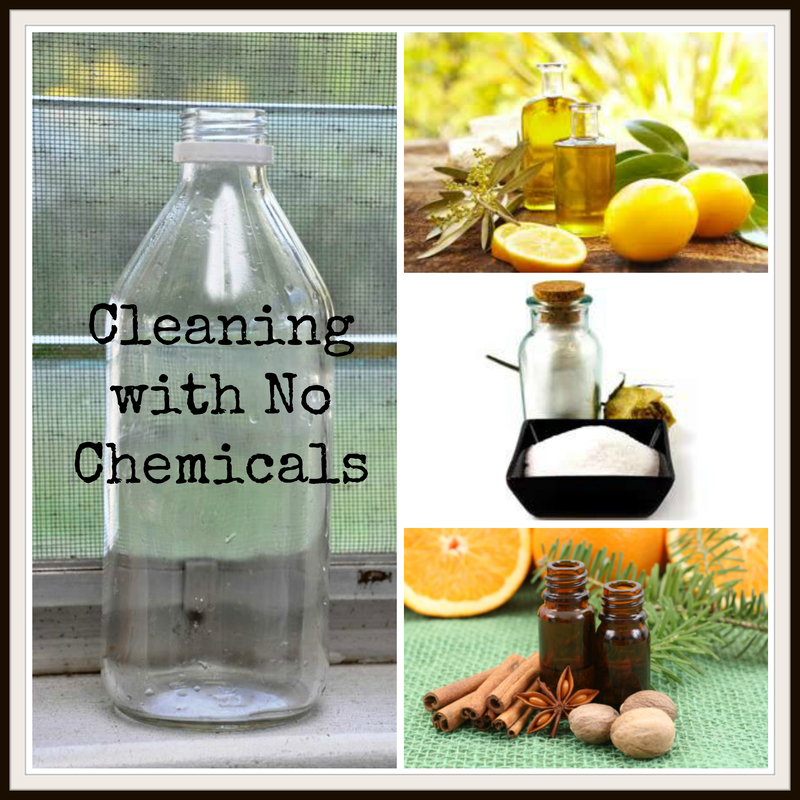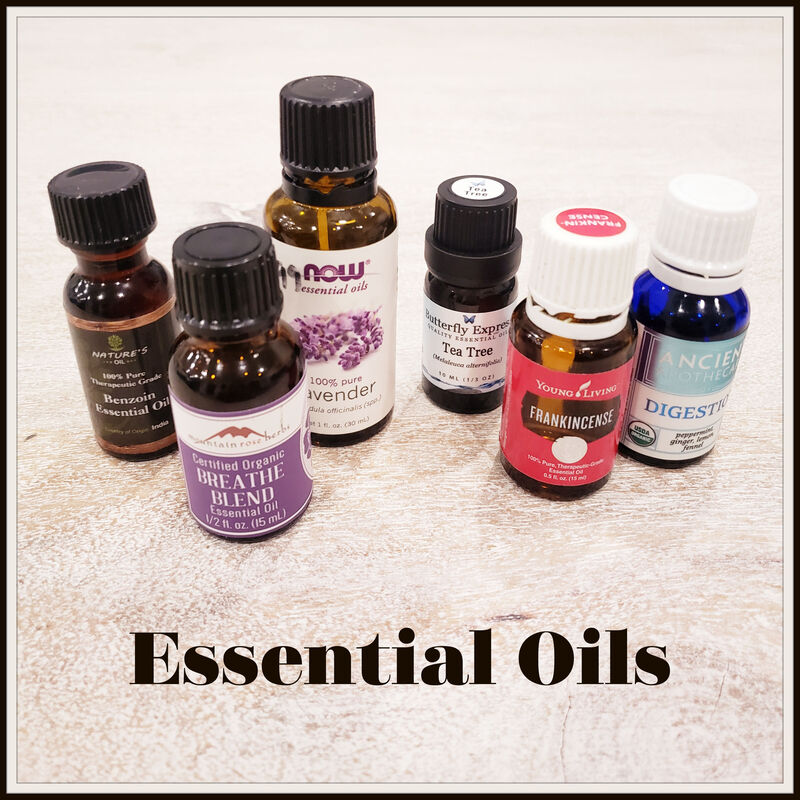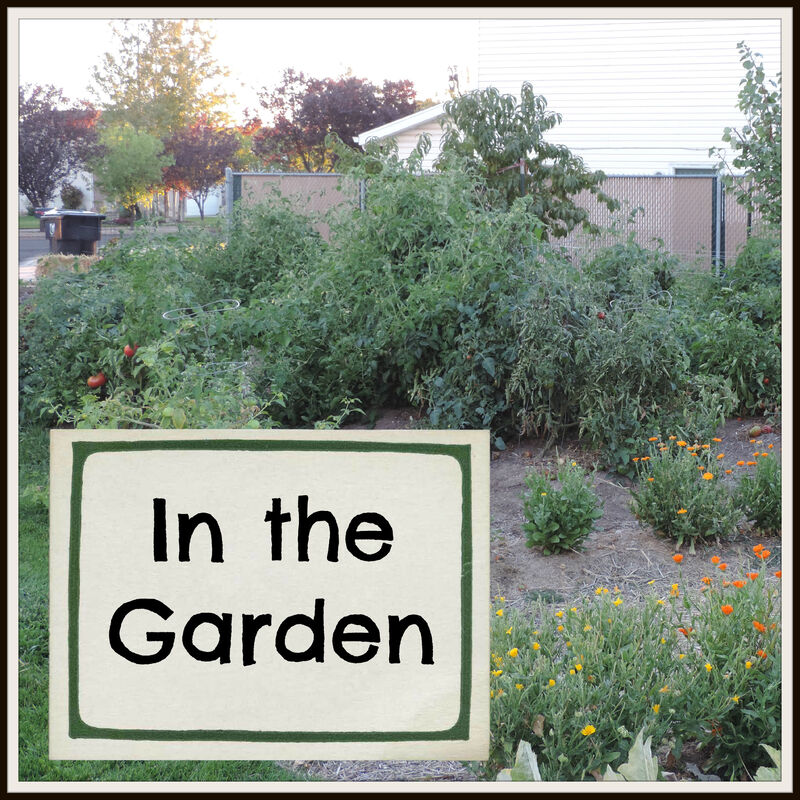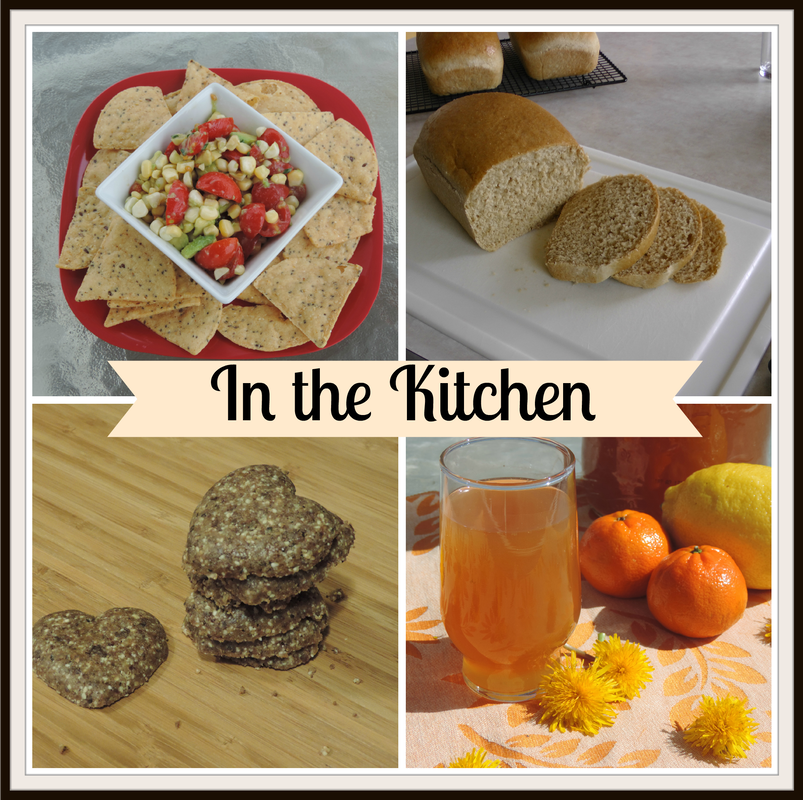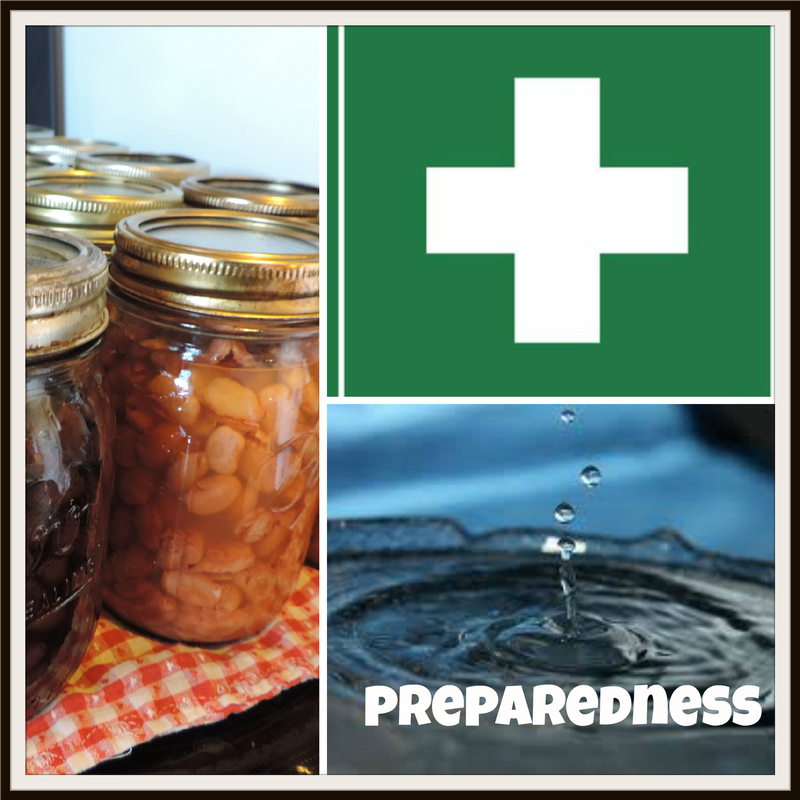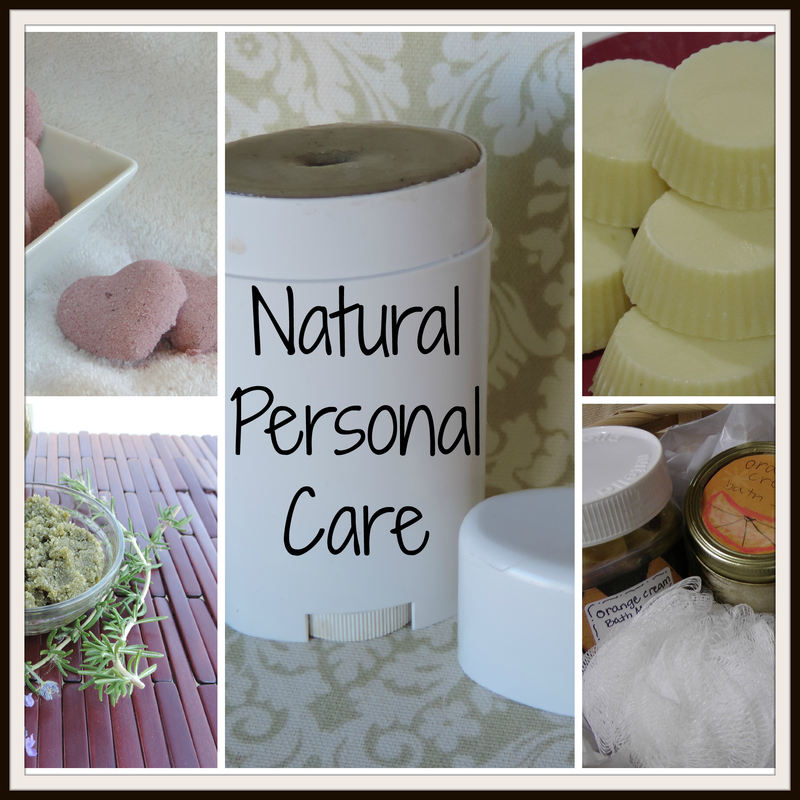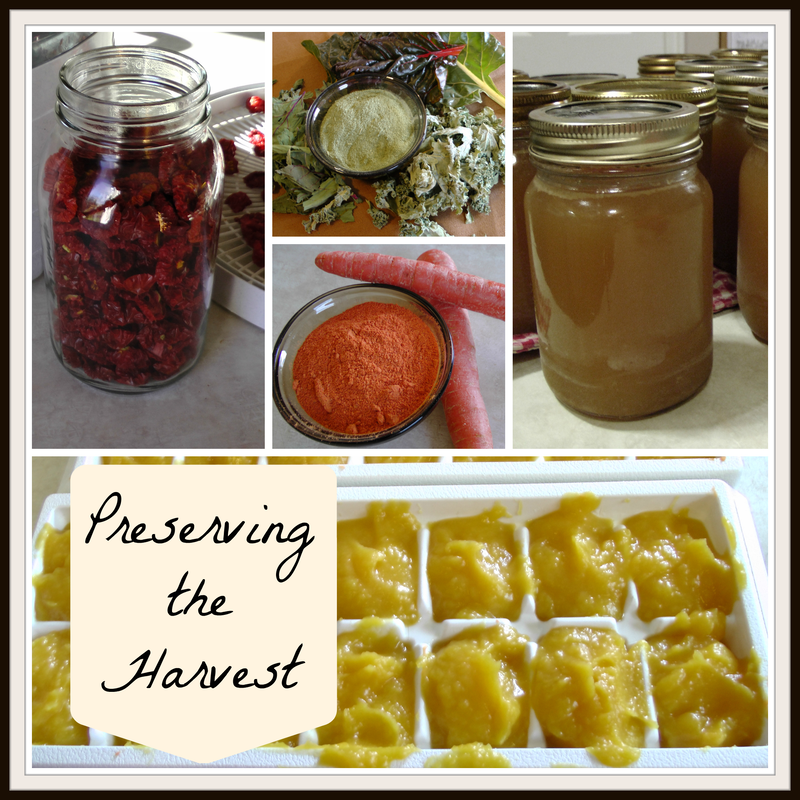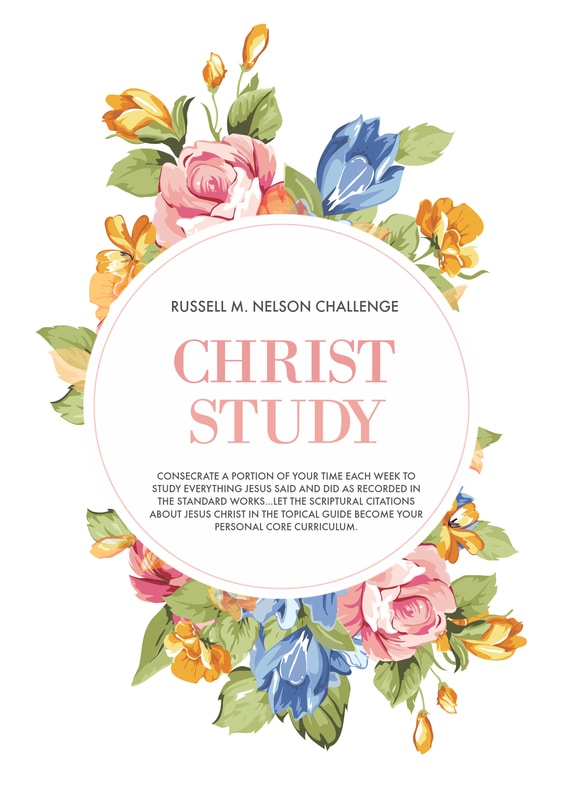Family: Labiatae/Lamiaceae - Mint family
Parts Used: leaves and blossoms
Energetics: warming, drying
Systems Affected: respiratory, digestive
There are over 60 species of thyme and just walking down the herb aisle at the local nursery you get a little sampling of the varieties. Common garden thyme (vulgaris) is the most aromatic, hardy and medicinal of the varieties but I like to plant a few different types throughout my garden.
Properties and Herbal Actions
|
|
Beauty and Personal Care
- Cleanses and deodorizes the skin.
- Tones and firms skin.
- acne
- Herbal steam, toner, cleanser, cream.
- Soap, deodorant.
- Mouth wash
- Toothpaste
- Stimulates hair growth.
- Strengthens fragile hair.
- Helps with alopecia and hair loss.
- Head lice.
In the Home
- Use as a natural food preservative to keep dishes from spoiling.
- Disinfects, sterilizes and deodorizes - use in all your household cleaners.
- Repels gnats and mosquitoes.
Uses
- Sore throat and inflamed tonsils.
- Stuffy noses, coughs, cold, and flu.
- Aids the respiratory system helping with bronchitis, whooping cough, asthma, chest colds, etc.
- Respiratory infections and support.
- Hay fever.
- Stimulates the immune system which aids the body in fighting colds, flu and illness.
- First aid; antiseptic and disinfectant properties cleanse wounds, prevent infection and aid in healing.
- Mild anesthetic.
- Infection of all kinds including bacterial such as ringworm, athlete's foot and other fungal infections.
- Skin infection, sores, cankers, mouth ulcers.
- Eye infections, conjunctivitis (pink eye), sties.
- Gum inflammation and infection.
- Digestive complaints: cramps, gas, colic, tummy ache, indigestion, vomiting, etc.
- Food poisoning.
- Headaches and minor pain.
- Worms and parasites.
- Gout discomfort.
- Strengthens and supports the glandular system.
- Strengthens and supports the nervous system.
- Activates the thymus gland (rub oil over thymus area and tap).
- Supports good skin health and aids body in healing skin conditions.
- Liver and gall bladder support.
- Stimulates the appetite and helps fats digest more readily.
- Sleeplessness, nightmares, and dizziness.
- Full of trace minerals, including iron - helps with anemia.
Methods of Use
- Herbal infusion
- Herbal Oil
- Herbal baths and foot soaks
- Steam inhalation – cough, cold and respiratory complaints
- Use lots of thyme in cooking preparations during cough and cold season. You can also make thyme butter, thyme honey, thyme oil and herbal salts and sprinkles. The Herbal Kitchen has great recipes using other herbs as well for all of these methods.
- Compress/fomentation
- Tincture, glycerite, vinegar and liniment.
- Thyme honey. Can add a Tbsp. into a hot cup of water to make an instant tea.
- Salves, ointments, and balms
- Herbal sachet or pillow
- Essential oil - since this is a "hot" oil make sure to use a carrier oil if applying directly to the skin.
Care/Harvesting
- Plant in full sun, with well drained soil, even sandy soil would be good.
- Likes it dry so water lightly. Too much moisture will rot the roots.
- Grows well in a container, it can then be brought in for the winter months.
- Mulch in the fall to protect from frost.
- Separate and replant every three years to keep it growing strong and healthy.
- Trim plants back in the spring and summer to contain woody growth and keep bushy. Do not trim in the fall or frost could harm the plant during the winter.
- Remove and replace areas that die out.
- Surround with egg shells to deter ants (although I’ve never had a pest problem with mine).
- Plant thyme with cabbage to deter root fly and cabbage moths. It also does well in containers and window boxes.
Harvesting:
- Can be harvested anytime.
- Harvest either by cutting leaves as needed or cutting branches from the base and hanging to dry.
- Blossoms are at their medicinal best when first opening.
- Use fresh in recipes or dry for future use. Once dried run your fingers down the stalk to remove the leaves, store in a glass container where they will keep for up to a year in a cold, dark, location.
Recipes
Resources
Rosemary Gladstar's Garden Wisdoms: Sage and Thyme
Benefits of Thyme by Dr. Axe
Medicinal Herbs A Beginner's Guide
Essential Herbal Wisdom
Breverton's Complete Herbal
